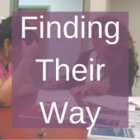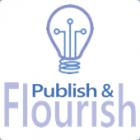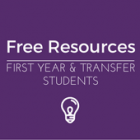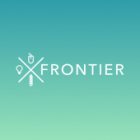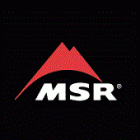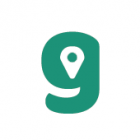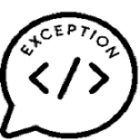
Exception Null
There is a 3.6% unemployment rate and 263,000 unfilled jobs in the tech industry as of 2017. This, despite the fact that there were 116,00 tech graduates across colleges in America in 2016. Schools do an amazing job of giving us the foundational skills to work in tech but there is a gap between the classroom and the office. Our platform aims to bridge the void through challenges that emphasize best-practices and real-world interactions. In addition, every paying user will be putting money towards goodwill causes for those who may not be able to afford it.

